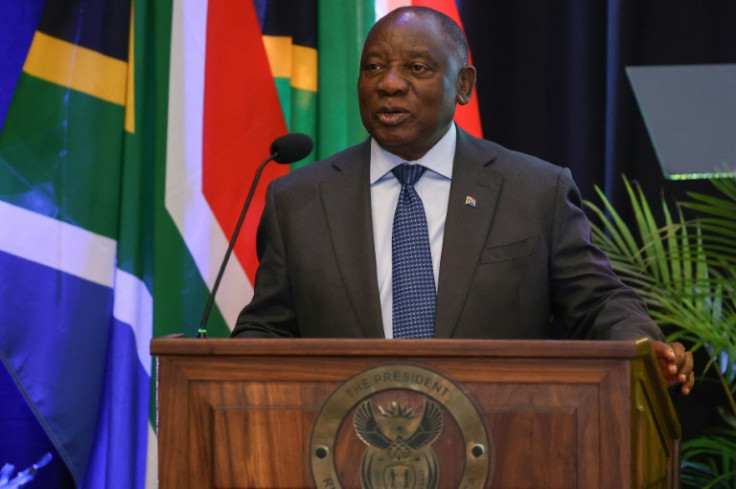South Africa's Public Procurement Bill Becomes Law, Aims To Strengthen Fairness In State Contracts

President Cyril Ramaphosa signed the Public Procurement Bill into law, which was aimed at creating a single framework for public procurement, including preferential procurement, ensuring efficiency, cost-effectiveness and integrity across all state organs.
The presidency noted that the bill complied with Section 217 of the Constitution, which required that the procurement of goods and services by state organs must be fair, equitable, transparent, competitive and cost-effective.
The new law addressed previous weaknesses in the procurement process that allowed corruption and state capture to occur, as per the president, SA News reported.
The Public Procurement Act aims to enhance transparency and integrity, combat corruption, ensure efficient use of public resources and support economic transformation and broader participation.
The new law is designed to boost economic development by encouraging the purchase of South African-made goods and services and supporting developmental procurement.
This law will be administered by the minister of finance, and it applies to government departments, constitutional institutions, municipalities, municipal entities and public entities. Some clauses also apply to the Parliament and provincial legislatures.
The act covers all procurement activities including those funded by donors or grants and applies to anyone who bids or is awarded a contract, as well as those acting on behalf of a procurement institution.
It also specifies who cannot submit bids, including public office bearers, parliament or provincial legislature employees and officials or employees of public entities, constitutional institutions, municipalities and municipal entities.
Earlier this week, Ramaphosa signed the Pension Funds Amendment Bill, which updates several pension laws to introduce a new two-pot retirement system aimed at improving retirement savings.
The new law changes the Pension Funds Act of 1956, the Post and Telecommunications-Related Matters Act of 1958, the Transnet Pension Fund Act of 1990 and the Government Employees Pension Law of 1996.
Last month, Ramaphosa signed three bills into law under Section 79(1) of the Constitution including the National Land Transport Amendment Bill, the Economic Regulation of Transport Bill and the Municipal Fiscal Powers and Functions Amendment Bill.
All these bills were introduced soon after Ramaphosa won the presidential election held on May 29. However, his party African National Congress lost parliamentary majority.
© Copyright 2026 IBTimes ZA. All rights reserved.





















